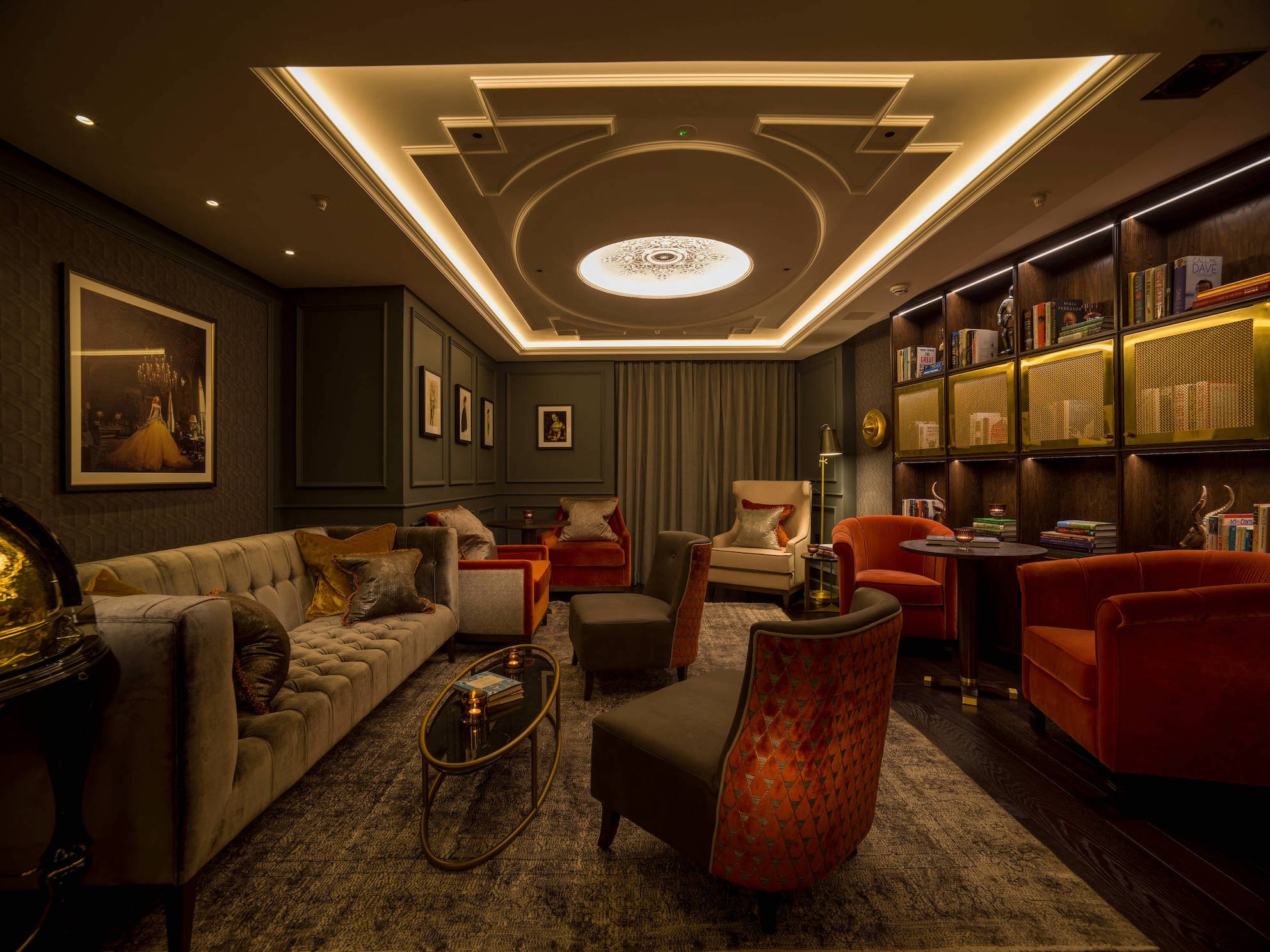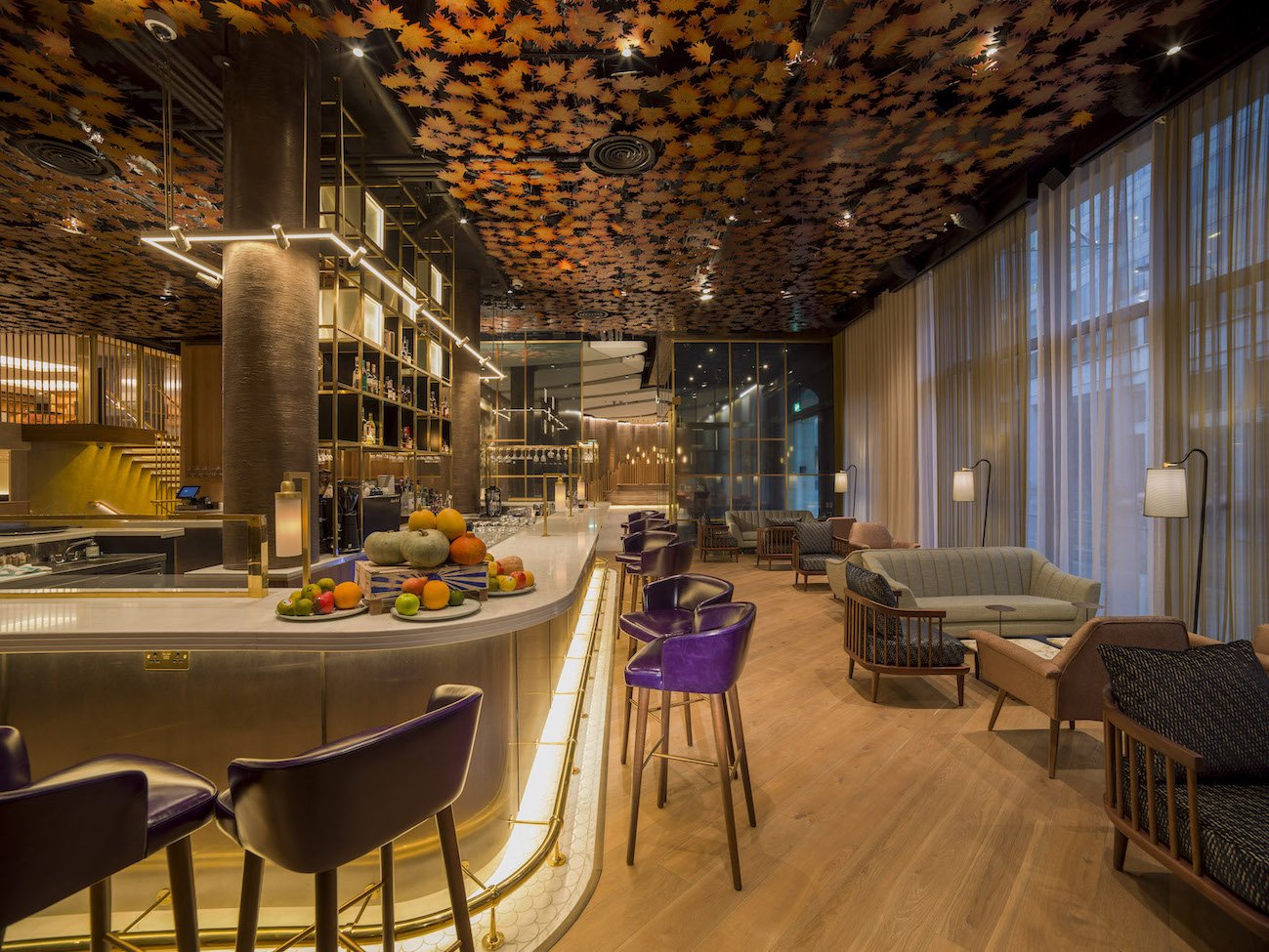Hotelification: Why are other industries looking at the hotel industry to lead the trends?
When you think about hotels it’s almost certain that a treasured or memorable moment or occasion can be associated with your experience. They are filled with laughter, learning, innovation, indulgence, and comfort, so it’s hardly surprising that other sectors are looking to hospitality to guide and lead the lifestyle trends.
We dug a bit deeper to find out why and how this booming sector maintains its popularity as trend setters and here’s our conclusions:
Masters at reinventing space:
When it comes to hotels every square meter of space is a potential revenue generating opportunity. We’ve seen lobby’s transform into retail space, bedrooms convert to yoga studios, restaurants merging into co-working spaces, event venues reinvent themselves night after night, and corridors doubling up as art studios.
The attitude and mind-set of hospitality leaders and stakeholders has allowed this to happen, always seeking new opportunities and jumping on the bandwagon of the ever-changing consumer needs.
They put the P in partnership:
Whether it’s creating alliances with likeminded consumer brands, partnering with travel agencies and airlines, or generating corporate affiliations, the hotel industry takes number one spot when it comes to partnership opportunities. But why? It’s simple, the demand for hotel experience is high, hotel target audiences are global and the desire for innovation is present.
Fast forward with flexibility:
The hotel industry takes the term flexible to the next level, adapting to guest’s needs, enhancing technology, personalising experiences, accessible booking platforms, wellness integration and health and safety modifications are just a few examples of this.
By continuously assessing consumer needs, gathering feedback and staying in tune with global trends hotels can quickly adapt their offerings to provide a better guest experience and maintain competitive edge in the market. But it doesn’t start there, developers need to adapt their thought process to pave the way for hospitality to thrive.
Transforming tradition:
The rules of traditional property transactions are changing to meet consumer demand, but most developers are ignoring this and not adapting with the times, largely because their focus is drawn to the bottom line.
Now more than ever it’s important to listen to what consumers want and exceed their expectations. Leading with strong and powerful brand identity is key to this.
Consumer habits have changed - more emphasis is based on free time and work, homelife balance, and hospitality has become the key driver. Whether it’s at home, whilst on a journey, in the workplace, or during leisure time, consumers are seeking experience.
Rich Tomlin, Tonik’s Head of Innovation commented:
“Food and drink, leisure and free time are close to everyone’s hearts and people are eager to try and share new experiences. Therefore, investment into enhancing the experience and pushing the boundaries makes more sense in the industry as well as staying relevant”.
In conclusion there are multiple reasons that hotelification is so prominent in the lifestyle sector but it’s fair to say that the desire to innovate and fearlessly push the boundaries puts the much-loved hotel industry on its pedestal – and rightly so... Now we just need the developers on board!



